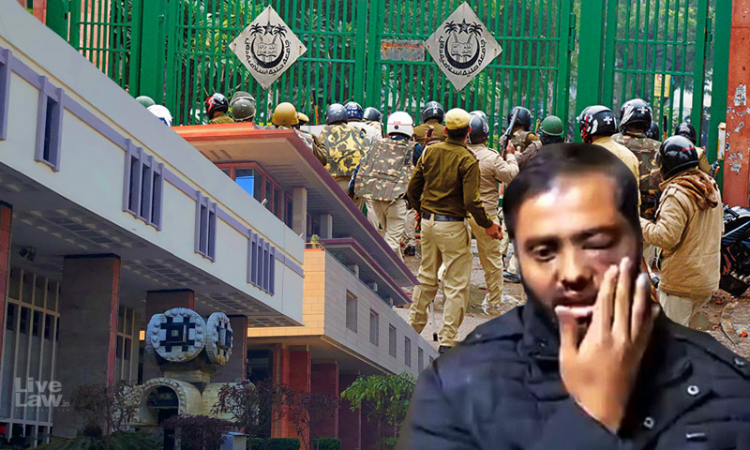Jamia Violence: Entry Into Campus Justified; Only Proportionate Force Used, Delhi Police Tells Delhi HC
Karan Tripathi
14 Aug 2020 9:00 PM IST

Next Story
14 Aug 2020 9:00 PM IST
Appearing for the Delhi Police in matters pertaining to the Jamia violence, Additional Solicitor General Aman Lekhi submitted before the Delhi High Court that the Delhi Police was justified in entering the campus of Jamia Milia University and using proportionate force as the students were creating "social disharmony". The submissions were made before the Division Bench of...
